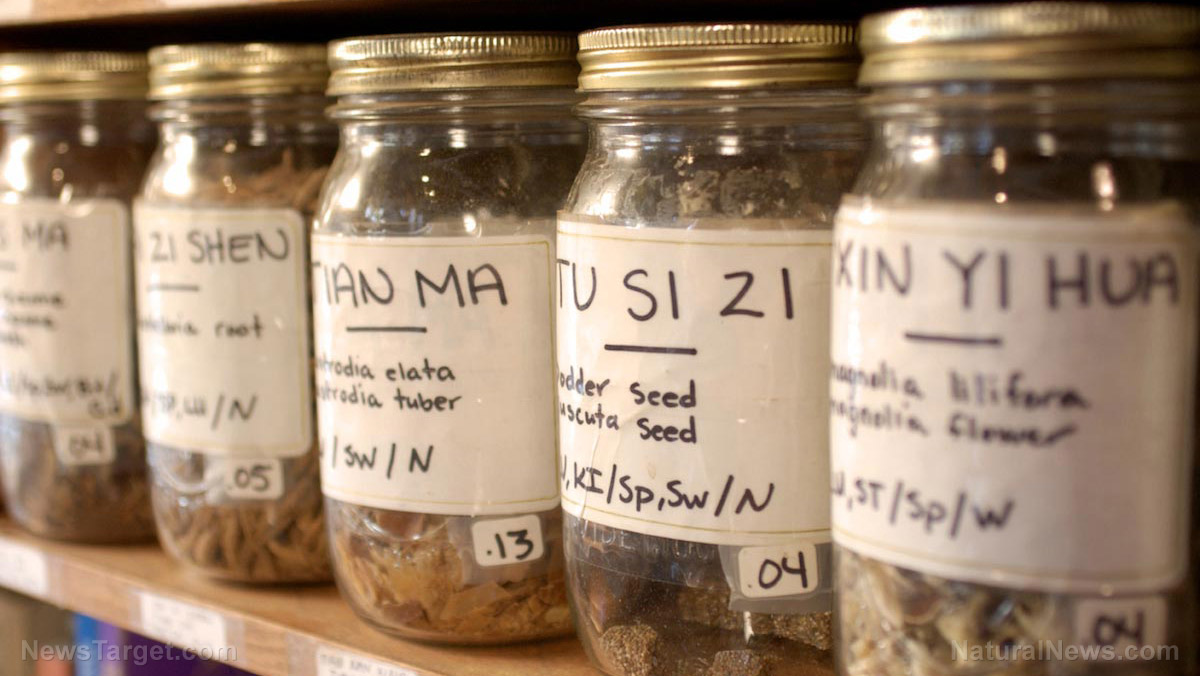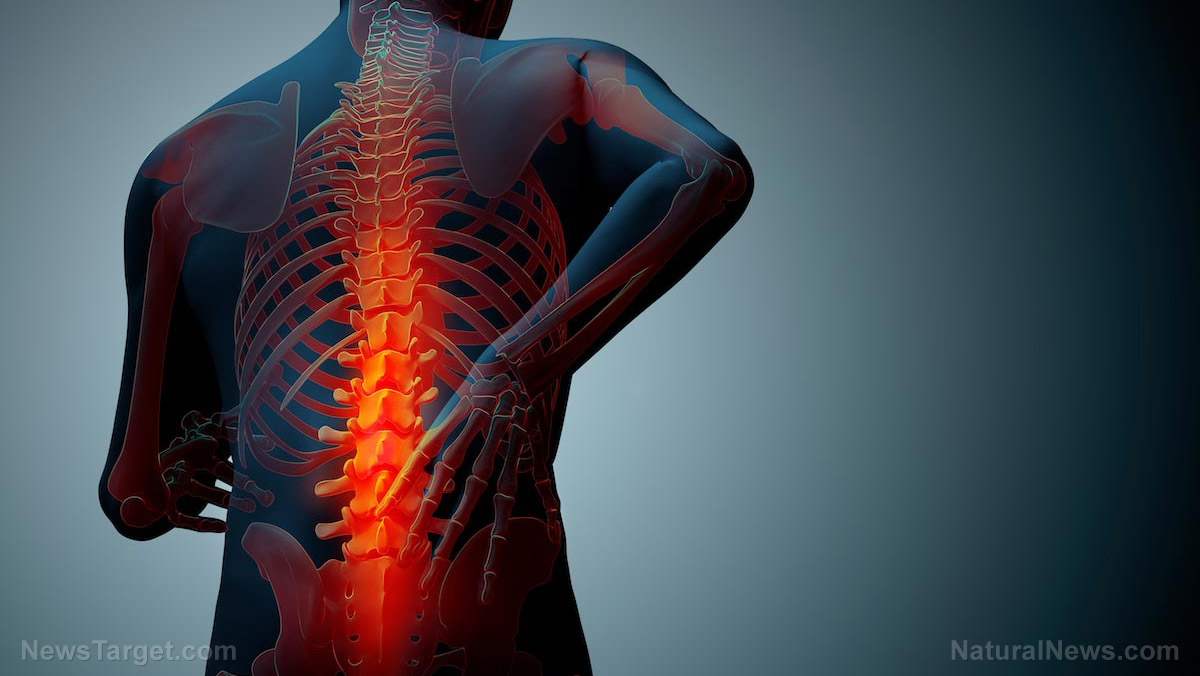The cardiovascular benefits of fatty fish and camelina oil
05/27/2018 / By Ralph Flores

People with problems metabolizing glucose may benefit from eating fatty fish, according to researchers from Finland. In particular, it changes the size and lipid composition of high-density lipoproteins (HDL), which support cardiovascular health. The study also established that camelina sativa oil reduces harmful intermediate-density lipoprotein (IDL) levels in the body.
- Researchers looked at how shorter n-3 polyunsaturated fatty acid (PUFA) chains affect lipoprotein subclasses using intakes of fish and camelina sativa oil. This was done using nuclear magnetic resonance spectroscopy.
- Seventy-nine volunteers with impaired glucose metabolism volunteered for the 12-week study. During this time, they were assigned to either camelina sativa oil, fatty fish, lean fish, or a control group. Those in the fish group ate either fatty fish or lean fish four times a week, while those in the camelina sativa oil group used 30 mL of oil daily.
- After the study period, researchers noted that those who consumed fatty fish had increased their HDL particle size compared with the control group and those who ate lean fish.
- Those in the camelina sativa oil had shown a more significant decrease in IDL particles compared with the lean fish group.
Based on the findings, researchers concluded that consumption of both fatty fish and camelina sativa oil may improve a person’s chances against cardiovascular risk.
Journal Reference:
Manninen SM, Lankinen MA, Mello VDD, Laaksonen DE, Schwab US, Erkkilä AT. INTAKE OF FISH ALTERS THE SIZE AND COMPOSITION OF HDL PARTICLES AND CAMELINA SATIVA OIL DECREASES IDL PARTICLE CONCENTRATION IN SUBJECTS WITH IMPAIRED GLUCOSE METABOLISM. Molecular Nutrition & Food Research. 12 April 2018;62(10):1701042. DOI: 10.1002/mnfr.201701042
Tagged Under: camelina sativa oil, cardiovascular disease, cardiovascular risk, cholesterol, Diets, fatty fish, HDL cholesterol, high-density lipoprotein, IDL cholesterol, impaired glucose, intermediate-density lipoprotein, lean fish




















